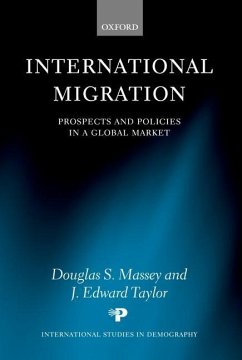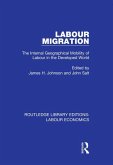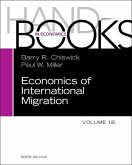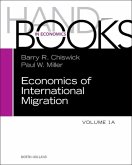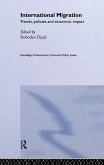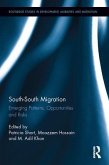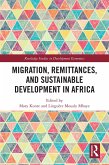Some developing nations have gone so far as to establish programs or ministries dedicated to the export of workers. Developed nations, in contrast, focus more on the social and economic costs of immigrants and seek to reduce their numbers, regulate their characteristics, and limit their access to social services. Over time, receiving nations have gravitated toward a similar set of restrictive policies, yielding undocumented migration as a worldwide phenomenon. Globalization also creates infrastructures of transportation, communication, and social networks to put developed societies within reach. In the latter, ageing populations and segmenting markets create a persistent demand for immigrant workers. All these trends are likely to intensify in the coming years to make immigration policy a key political issue in the twenty-first century.
This study offers a comprehensive, up-to-date survey of global patterns of international migration and the policies employed to manage the flows. It shows that international migration is not rooted in poverty or rapid population growth, but in the expansion and consolidation of global markets. The insertion of non-market societies into global networks of trade unleashes structural transformations that displace people to create migrants. Globalization also creates infrastructures of transportation, communication, and social networks to put developed societies within reach.
This study offers a comprehensive, up-to-date survey of global patterns of international migration and the policies employed to manage the flows. It shows that international migration is not rooted in poverty or rapid population growth, but in the expansion and consolidation of global markets. The insertion of non-market societies into global networks of trade unleashes structural transformations that displace people to create migrants. Globalization also creates infrastructures of transportation, communication, and social networks to put developed societies within reach.

